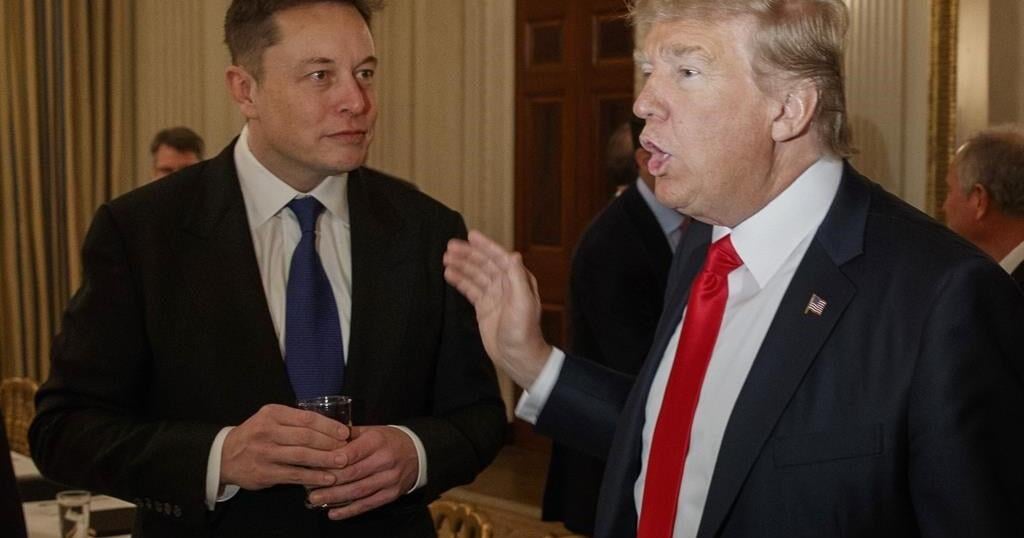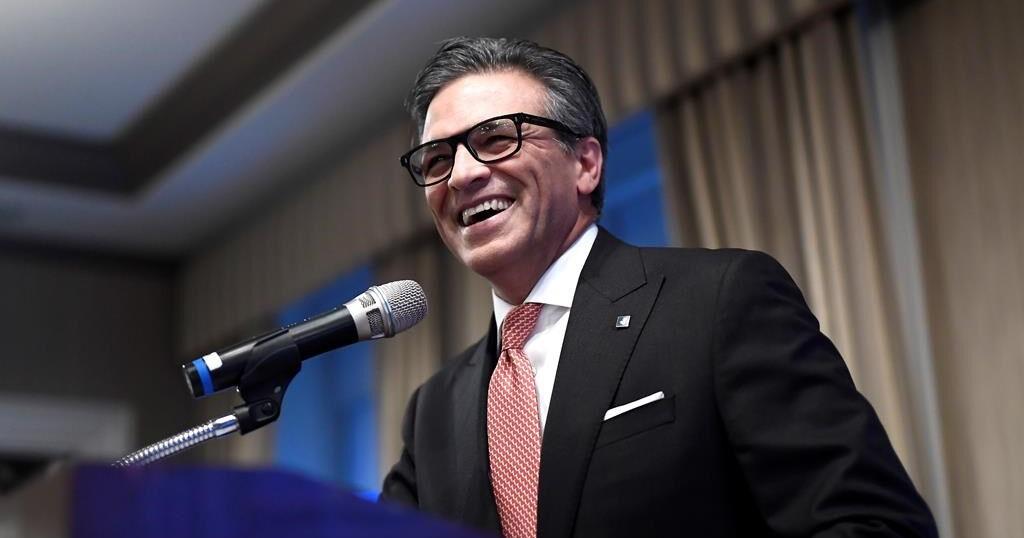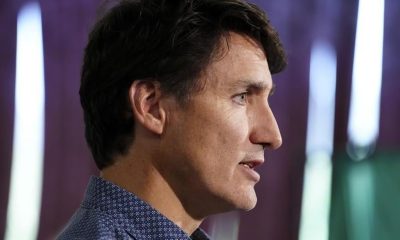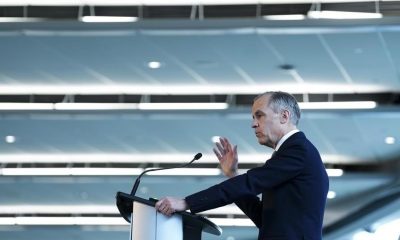Donald Trump recounted his assassination attempt in vivid detail and blamed the incident on “a lack of coordination” during a high-profile return to the social media platform formerly known as Twitter — a conversation that was plagued by technical glitches.
“If I had not turned my head, I would not be talking to you right now — as much as I like you,” Trump told X’s owner Elon Musk. “There was a lack of coordination. … Everybody understands that building should have been covered.”
The session was intended to serve as a way for the former president to reach potentially millions of voters directly. It was also an opportunity for X, a platform that relies heavily on politics, to redeem itself after some struggles.
It did not begin as planned.
With more than 878,000 users connected to the conversation more than 40 minutes after the scheduled start time, the interview had not yet begun. Many users received a message reading, “Details not available.”
Trump’s team posted that the “interview on X is being overwhelmed with listeners logging in.” And once the meeting began, Musk apologized for the late start and blamed a “massive attack” that overwhelmed the company’s system.
Despite the rocky start, the public conversation between Trump and Musk underscored just how much the U.S. political landscape has changed less than four years after Trump was permanently banned by the social media platform’s former leadership for spreading disinformation that sparked the Jan. 6, 2021, attack on Congress and undermined the very foundation of the American democracy.
Such disinformation has thrived at X under Musk’s leadership.
Monday’s meeting also highlighted the evolving personal relationship between Trump and Musk, two of the world’s most powerful men, who have shifted from being bitter rivals to unlikely allies over the span of one election season.
Musk supported Florida Gov. Ron DeSantis during the GOP primary.
Notably, in May 2023, DeSantis used the social media platform as a way to officially announce his presidential bid, a disastrous rollout marred by technical glitches, overloaded by the more than 400,000 people who tried to dial in.
Trump’s Democratic rival, Vice President Kamala Harris, noted that Trump mocked DeSantis at the time.
“Wow! The DeSanctus TWITTER launch is a DISASTER! His whole campaign will be a disaster. WATCH!” Trump wrote in a message reposted by Harris’ campaign Monday.
Trump supporters were openly frustrated.
“Not available????? I planned my whole day around this,” wrote conservative commentator Glenn Beck.
“Please let Elon know we can’t join,” billionaire hedge fund manager Bill Ackman posted.
Ahead of his conversation, Musk posted on the platform that X was conducting “some system scaling tests” to handle what’s anticipated to be a high volume of participants.
In a reminder that the world was watching, the chat prompted a preemptive note of caution from Europe.
Thierry Breton, a French business executive and commissioner for internal market of the European Union, warned Musk of possible “amplification of harmful content” by broadcasting his interview with Trump. In a letter posted on X, Breton urged Musk to “ensure X’s compliance” with EU law, including the Digital Services Act, adopted in 2022 to address a number of issues including disinformation.
In a statement, Trump campaign spokesman Steven Cheung urged the EU to “mind their own business instead of trying to meddle in the U.S. Presidential election.” He said the EU was “an enemy of free speech and has no authority of any kind to dictate how we campaign.”
Musk, who has described himself as a Democrat until a few years ago, endorsed Trump’s candidacy two days after the former president was wounded during an attempted assassination at a Pennsylvania rally last month.
Long before he endorsed Trump, Musk turned increasingly toward the right in his posts and actions on the platform, also using X to try to sway political discourse around the world. He’s gotten in a dustup with a Brazilian judge over censorship, railed against what he calls the “woke mind virus” and amplified false claims that Democrats are secretly flying in migrants to vote in U.S. elections.
Musk has also reinstated previously banned accounts such as the conspiracy theorist Alex Jones and Trump, who was kicked off the platform — then known as Twitter — two days after the Jan. 6 violence, with the company citing “the risk of further incitement of violence.” By November 2022, Musk had bought the company, and Trump’s account was reinstated, although the former president refrained from tweeting until Monday, insisting that he was happier on his own Truth Social site, which he launched during the ban.
Hours ahead of his interview with Musk, Trump posted a two-and-a-half minute video to his X account, featuring video from his time in office, as well as audio of him saying one of his standard campaign lines referencing the legal cases that have mounted against him: “They’re not coming after me, they’re coming after you, and I just happen to be standing in their way, and I will never be moving.”
But Trump’s audience on X is legions larger than on Truth Social, which became a publicly traded company earlier this year. Trump has just over 7.5 million followers on Truth Social, while his mostly dormant X account is followed by 88 million. Musk’s account, which will host the interview, has more than 193 million followers.
Trump’s campaign didn’t immediately respond to a message as to whether he would cross-post his interview with Musk via his own accounts, including on X.
The former president has most recently posted on X only once, with a photo of his mug shot after he surrendered at an Atlanta jail a year ago on charges he conspired to overturn his election loss in the state.
___
Kinnard reported from Columbia, South Carolina, and can be reached at http://x.com/MegKinnardAP.
















